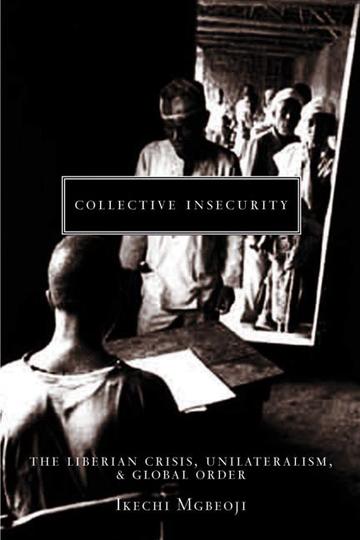About BC Books Online
BC Books Online was created for anyone interested in BC-published books, and with librarians especially in mind. We'd like to make it easy for library staff to learn about books from BC publishers - both new releases and backlist titles - so you can inform your patrons and keep your collections up to date.
Our site features print books and ebooks - both new releases and backlist titles - all of which are available to order through regular trade channels. Browse our subject categories to find books of interest or create and export lists by category to cross-reference with your library's current collection.
A quick tip: When reviewing the "Browse by Category" listings, please note that these are based on standardized BISAC Subject Codes supplied by the books' publishers. You will find additional selections, grouped by theme or region, in our "BC Reading Lists."
This book provides both a superb analysis of the historical dysfunction of the post-colonial African state generally and, more specifically, a probing critique of the crisis that resulted in the tragic collapse of Liberia. Ikechi Mgbeoji ultimately shows that blame for this endless cycle of violence must be laid at the feet of both the Western powers and African states themselves. He further posits that a reconstructed regime of African statehood, legitimate governance, and reform of the United Nations Security Council are imperatives for the creation of a stable African polity.
Ikechi Mgbeoji is a professor in the Faculty of Law, Osgoode Hall, York University.
The book is a significant contribution to the fields of international law and African studies ... [It] provides a basis from which to start to make sense of a vast continent which has been forgotten in its hour of need. It points the way forward and clarifies the difficult historical and intellectual problems that must be comprehended if Africa is to be understood both by Africans as well as outsiders.
A timely, well written book that will appeal to those interested in Africa—international lawyers, international relations specialists, and others who are concerned about the impact of the “global war on terrorism” on the role of international law and social justice ... there is no question that this is an important book that draws on a wide variety of sources and disciplines to address both an area that has been neglected for far too long in the US (African politics and history) and an issue that is at the forefront of US foreign policy today (the legitimate use of military force internationally).



